Government officials will NEVER ask you to transfer money or disclose bank log-in details over a phone call. Call the 24/7 ScamShield Helpline at 1799 or visit scamshield.gov.sg if you are unsure if something is a scam.
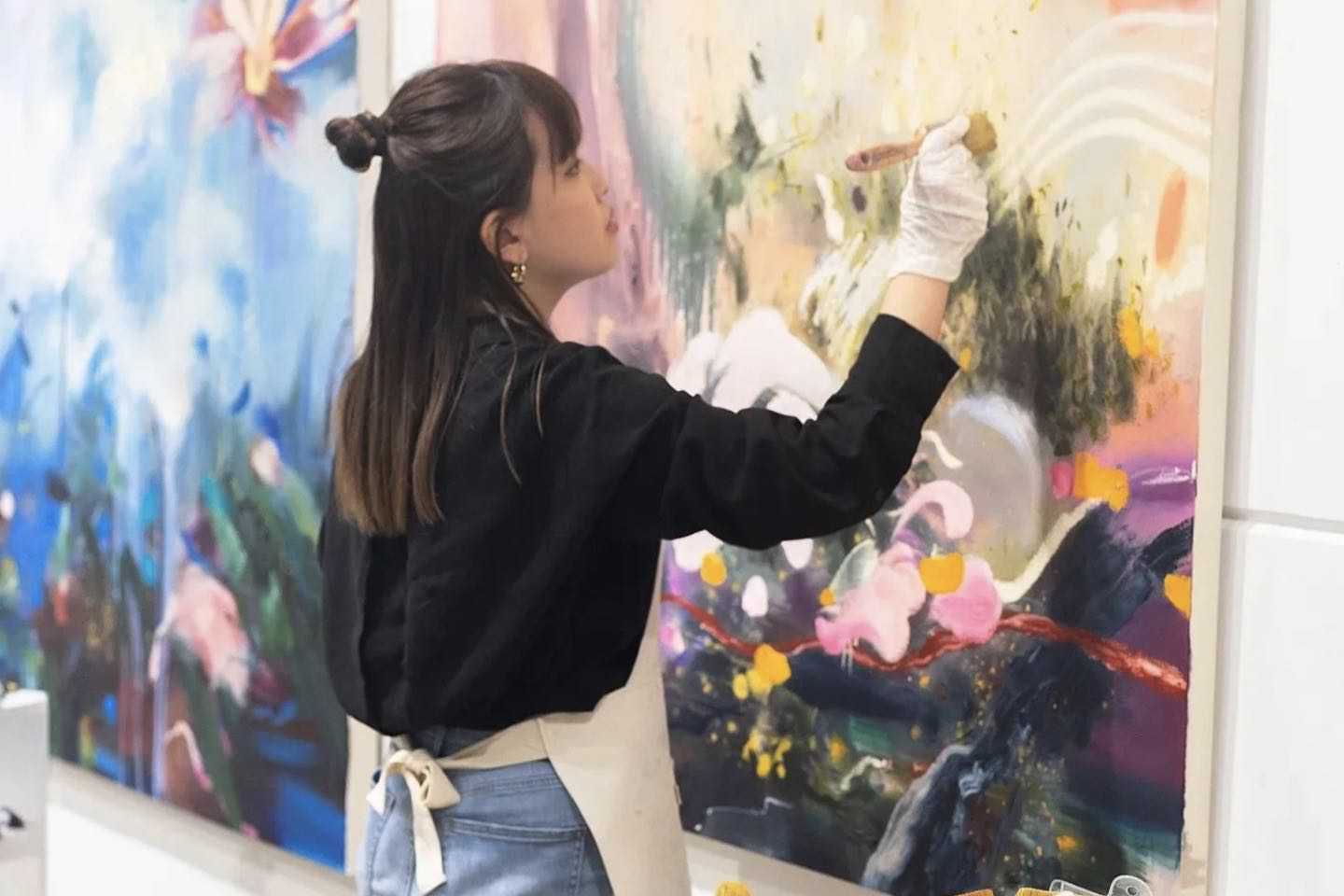
Organisation Transformation Grant Case Study
Art Galleries Association Singapore - Optimising the Website
Download the full case study below:
Project Overview
The Art Galleries Association Singapore (AGAS) is the industry body that represents contemporary art galleries in Singapore. It revamped its website with improved editorial content, new functions for an online artist and gallery directory, and a members’ bulletin space. To make purchasing art and event tickets easy and accessible to all, AGAS has also integrated a secure payment gateway in its website.
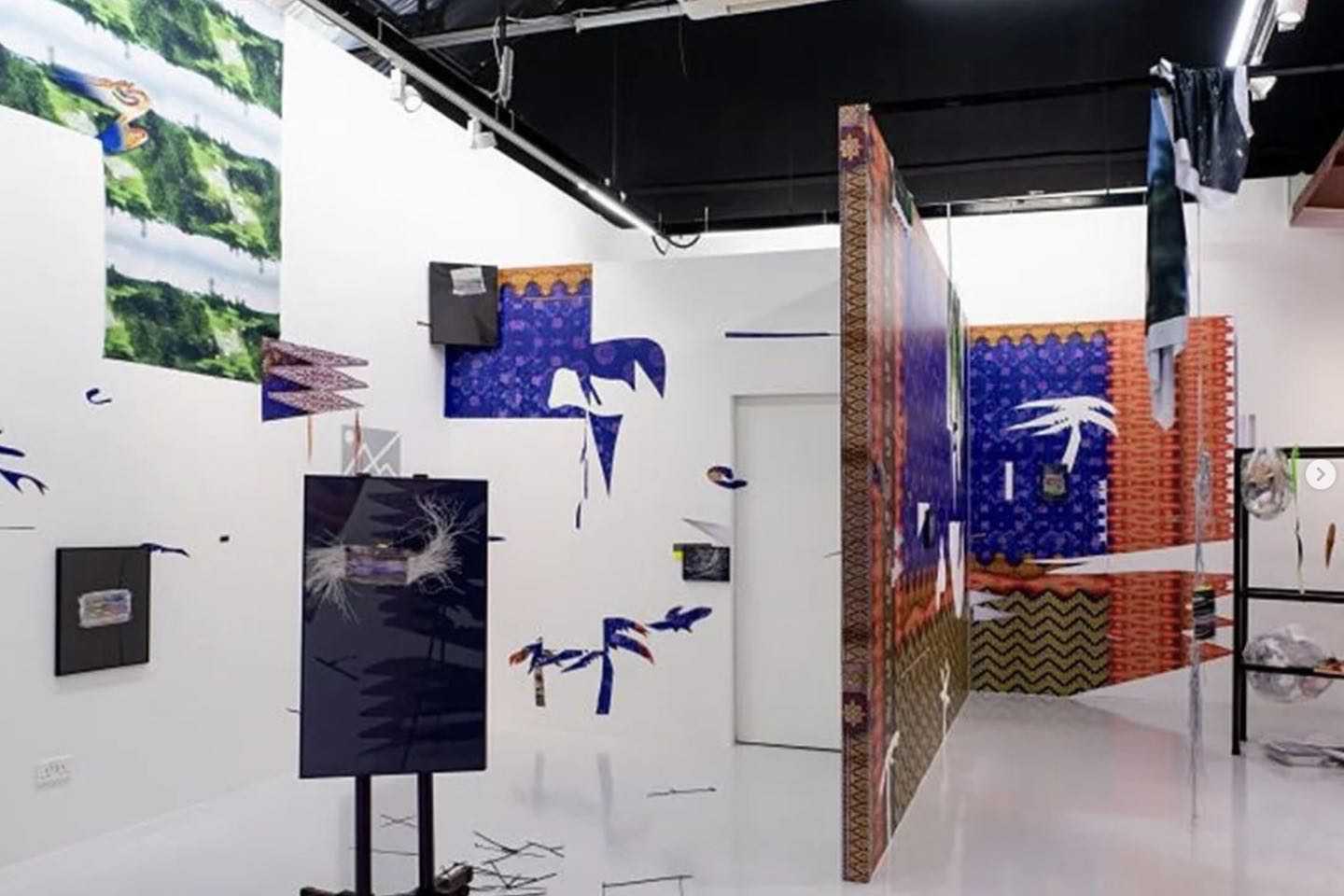
Challenge
The visual arts industry lacked a credible marketplace for customers interested in Singaporean contemporary art, and AGAS’ members lacked an online space to advertise jobs and service opportunities for visual arts professionals. There was a need to adapt to consumers’ fast-evolving online purchasing habits, especially buying artworks and event tickets online.
The Vision
AGAS’ mission is to be the standard and knowledge bearer of the arts business and promote appreciation of the arts. This project is one in a series of efforts to professionalise the visual arts industry, galvanise members to set industry standards, and create greater visibility for Singapore artists and galleries both locally and internationally.
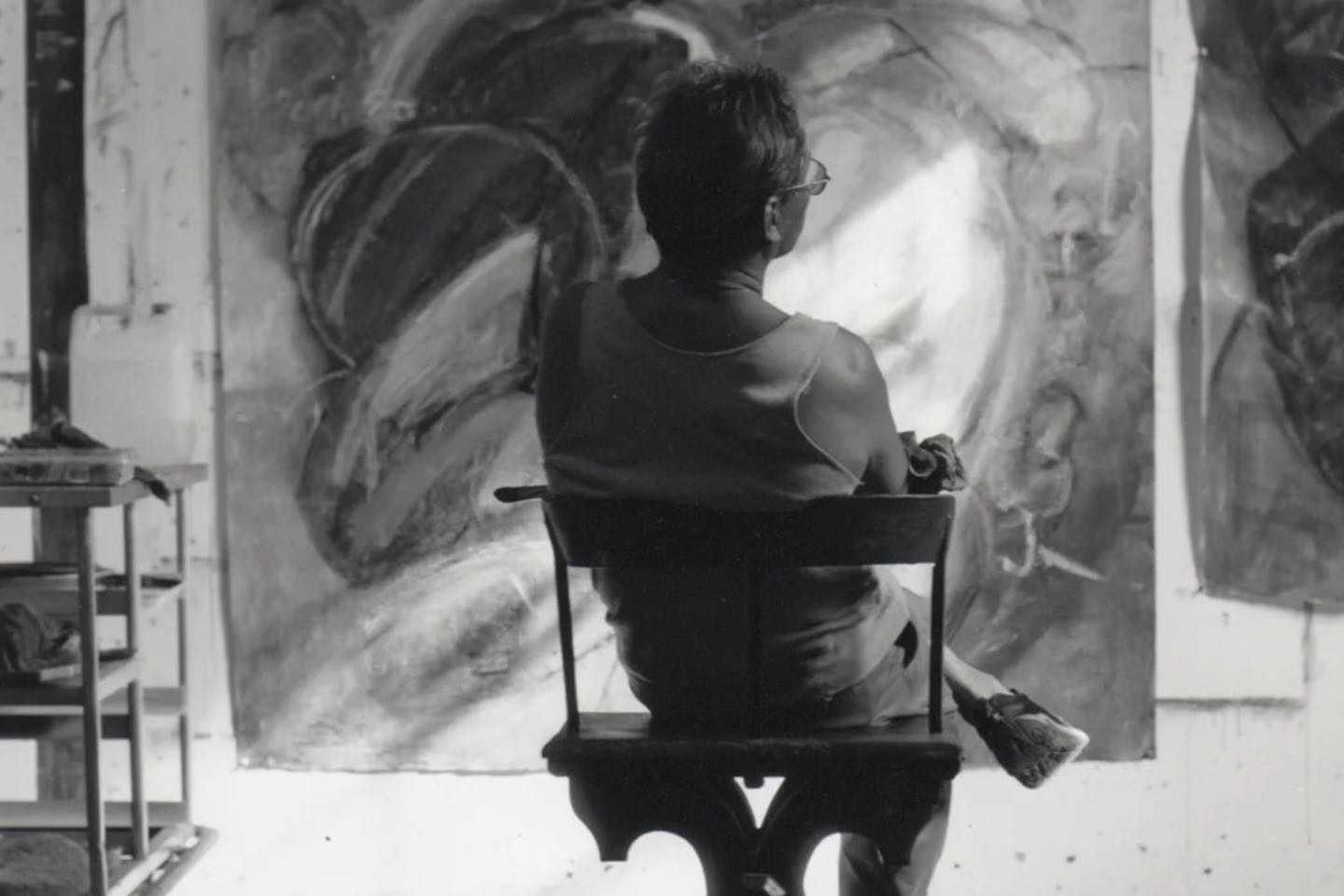
Outcomes in a Nutshell
Secure payment gateway launched
Online Directory of member galleries and artists created
Articles Page created with feature interviews to promote artists and galleries
Members Bulletin space launched for members to list job openings, share resources and post collaboration opportunities
Impact
An improved website that provided an online directory to artists and galleries, contains curated features on members, artists and events, and lets members publish job opportunities and connect with each other for resources. The integration of a secured payment gateway made purchasing art and event tickets online secure and easy.
The process of bringing members together, rallying the energies of the community, creating visibility and credibility, reinforced AGAS’ desire to position itself as the knowledge bearers of the arts business and to create an ecosystem that can over time sustain itself, at scale.
3-2-1 Learnings
“The journey doesn’t end with the website. It is a launchpad.”
3 Must-Dos
Things you must absolutely get right
- Get the infrastructure right. Partner Saiful Amri brought his producer’s experience to bear in the first round of venue upgrades, and users’ feedback surfaced other areas of improvement such as sound-proofing and lighting.
- Establish clear rules of engagement. “We had to make cohabitation work - art exhibits in the day time, rehearsals and programmes at night.”
- Clean up your back-end. Have an arts management process in place, get accounting help to consolidate spending and transactions for grant management and reporting.
2 Do-Next
Critical next steps to sustain the effort
- Expand the online directory to include more members and artists, and improve directory features (e.g., samples of artist’s previous works and resumes).
- Expand the content in Articles Page, include different mediums like video interviews and podcasts.
1 Do-Differently
What they wished they had done differently from the start
- Having a more integrated project team to better manage a complex project that involves many different vendors, as well as ensure sufficient time and resources needed for execution, testing and completion of the project.
Challenge
The pandemic has triggered an upheaval within the arts and creative industries. It has also catalysed the need for innovative ways of using technology to engage more closely with arts audiences, adapt to evolving customer behaviour, and provide avenues for strengthening Singapore’s artistic presence locally and internationally.
AGAS identified 3 specific challenges. First, the visual arts industry lacked a friendly introductory marketplace for customers interested in acquiring good quality Singaporean contemporary art, which was also trusted and credible. In parallel to this marketplace, there should be stronger online education in best practices to owning, displaying and investing in original art from Singapore. Second, there was a need to adapt to consumers’ fast evolving online purchasing habits, especially buying artworks online and tickets to art events. Third, AGAS members required an online space to advertise jobs and service opportunities for visual arts professionals (e.g. curation, writing, public relations, design services).
The Vision
AGAS had a vision for an improved website that provided an online directory that connected artists and galleries to the public, including art collectors and commercial entities. It wanted the website to feature curated online exhibitions and artists represented by AGAS members. It wanted to enable members to publish job opportunities and connect with each other for resources. Finally, it wanted to make purchasing art and event tickets online secure and easy.
The Journey
Discovery. Learning-by-Doing. Overcoming Challenges.
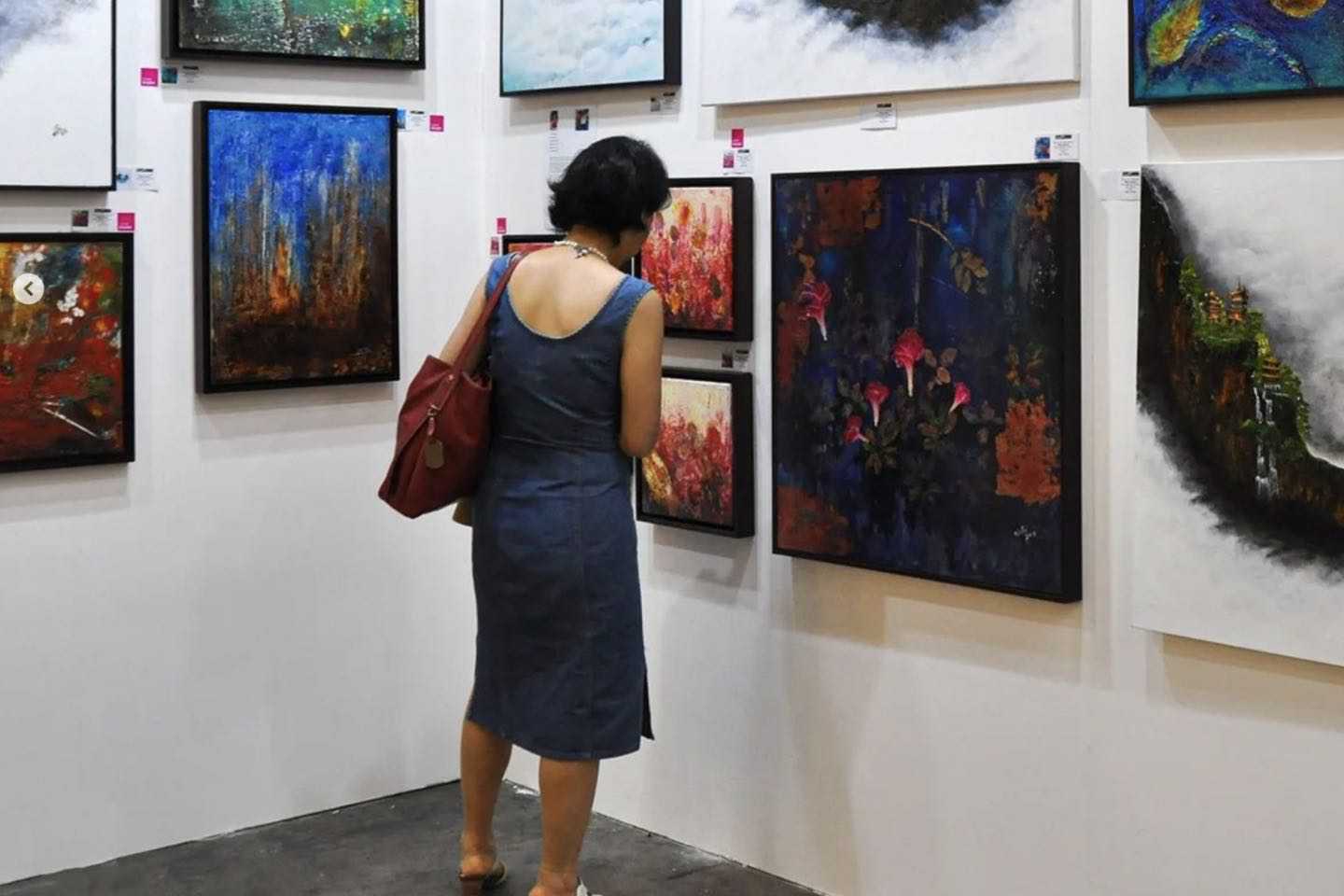
Over the past 2 years, AGAS had steadily revamped its website for a stronger online presence. “If you want to buy contemporary art in Singapore, where do you go? What do you Google?” was the starting question shared by AGAS President Khai Hori. In addition, their members shared similar challenges over event ticketing, having all tried and used different systems. When NAC’s Organisation Transformation Grant (OTG) was launched, the association decided to take the capabilities of the website to the next level.
System
The project team launched AGAS Secure Payment Gateway, trialled on an AGAS online exhibition “A Matter of Scale and Perspective” which ran from 1 April to 1 June 2022. The aim was to provide members with a new service to sell artwork and tickets for AGAS-organised events and exhibitions. It would make purchasing art more accessible to collectors, and provide data for research into consumer behaviour and participation.
The introduction of the Secure Payment Gateway resulted in a significant increase in member participation in the trial exhibit - from 15 to 21, as compared to the previous Singapore Art Week 2022 in January 2022. Traditional art sales in the past required clients to make sales inquiries directly to the gallery, which in some cases could have led to a drop off in interest due to lengthy sale procedures. The Secure Payment Gateway offered flexibility in payment method and direct payment for an art sale, thus supporting speedier decision-making during a sale. Moving forward, AGAS hopes to continue using the Secure Payment Gateway for their future events and exhibitions. as well as expand its use for other sales on their website, such as art publications, merchandise and event tickets.
Product
Three things were done on AGAS’ website revamp to improve the user’s experience and the site’s usability.
Article Pages
Article Pages is an online archive of press releases, media kits, interviews and information on the galleries, exhibitions and events. The editorial team under Arts Herald (who owns an arts magazine) created feature interviews for 25 members, 8 associate members, and 3 curators. A press release gallery was created, housing media kits for events and exhibitions.
Through a constant refresh of content, AGAS hopes to significantly boost the organic SEO of the website, to fulfil its mission of promoting artists and galleries.
Artists and Galleries Directory
The second goal of web redesign was a digital yellow pages book for their members as the credible go-to source to search for contemporary artists and galleries in Singapore. The directory is easily navigable thanks to filters based on alphabetical order, artist, medium, price, and location in Singapore. Each gallery is instantly recognisable with its logo visibly displayed, which visitors can click onto and see a full page with details such as location, opening hours and featured artworks. AGAS’ aspiration is for the directory to be the trusted face of the Singapore visual arts marketplace for local/international art collectors and professionals.
Members Bulletin Space
A bulletin function was added to allow members to list job openings, enquire about resources within the community, promote their favourite services (such as framers and art handlers) and post collaboration opportunities with artists and galleries overseas. By widening the network and reach to professional services, AGAS hopes to boost their members’ operational capabilities.
Reflections
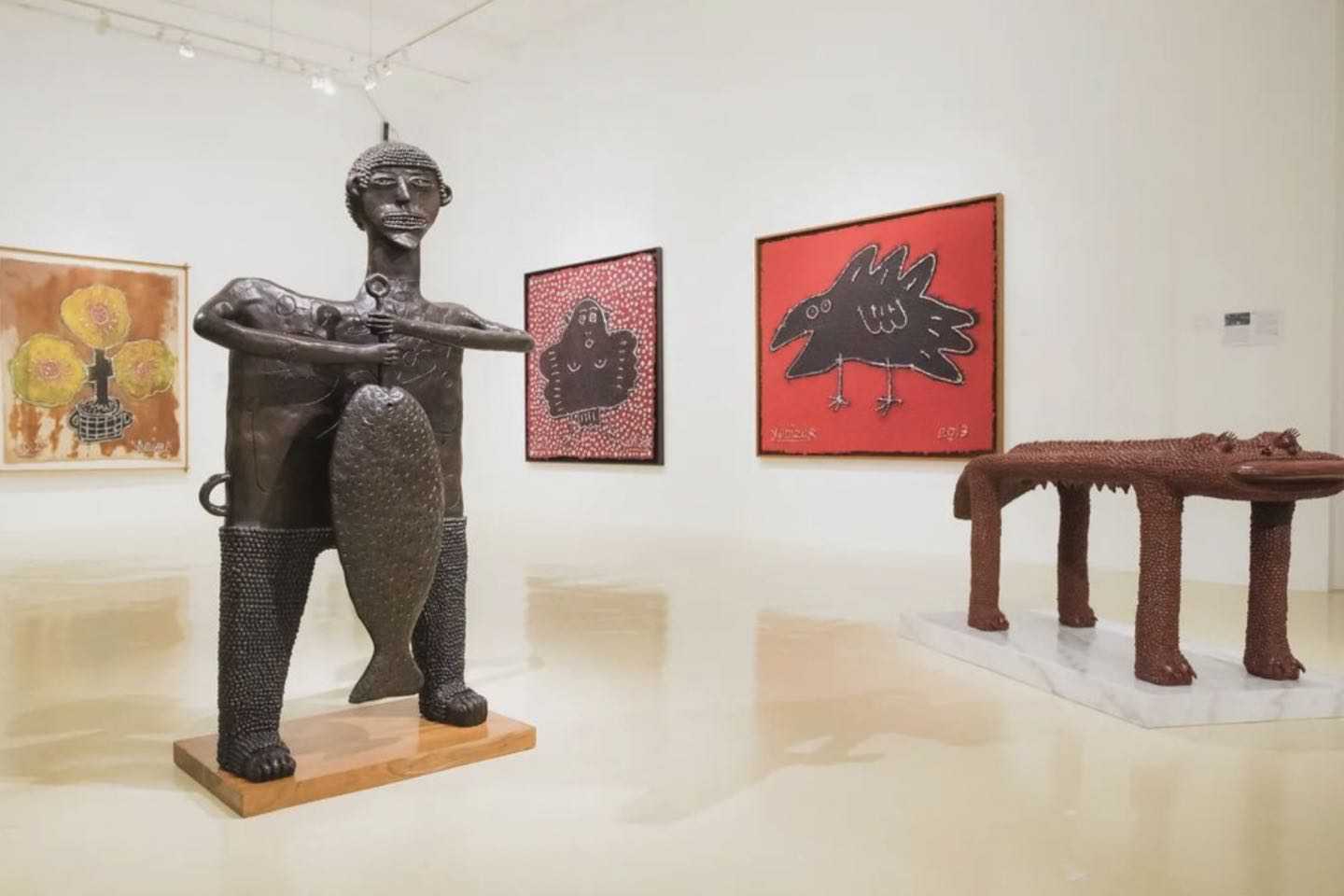
Like many other project teams, AGAS experienced the challenge of getting all their stakeholders to adhere to the milestones within a short turnaround period. In AGAS’ case, they were volunteers with full-time jobs, and the situation was exacerbated by Singapore Art Week which ran concurrent to the project period and preoccupied the members. Topped with manpower constraints due to the pandemic, coupled with the inability to physically meet, this became a perfect storm.
“It was very stressful,” recounted Khai. They learnt that spare time had to be built into the project timeline for trouble-shooting: “Things look good when you are planning it, but certain things may not work out [the way you imagined]”, Khai advised.
Having the right team in place mattered. In certain aspects, the ‘right’ people were familiar partners. “The web design agency, Pixel Squad, was already on retainer with us. After the grant period, they could still continue making improvements from the website revamp,” said Khai. On other fronts, having a new editorial partner, Arts Herald, helped open up AGAS’ reach to new audiences – the expat community, Art Herald Magazine’s main readership. “It was win-win,” opined Khai. “AGAS got to reach this community that was previously hard to penetrate, and the expat community got to learn about local artists and galleries.”
Khai recounted that the grant application was ultimately an exercise in reflection. “You discover your strengths and weaknesses as an association,” he mused. The process of bringing members together, rallying the energies of the community, and creating visibility and credibility, reinforced AGAS’ desire to position itself as the knowledge bearers of the arts business. “AGAS is not a flea-market organiser,” said Khai with dry humour; “When we organise an exhibition [for example] it is not just about which painting is up there or which artist is showcased.”
“It is about creating an ecosystem that can sustain itself over time for more people, at scale,” he concluded.
This project has been supported by NAC's Organisation Transformation Grant. For more information and resources on NAC's grant schemes, please visit: https://www.nac.gov.sg/



